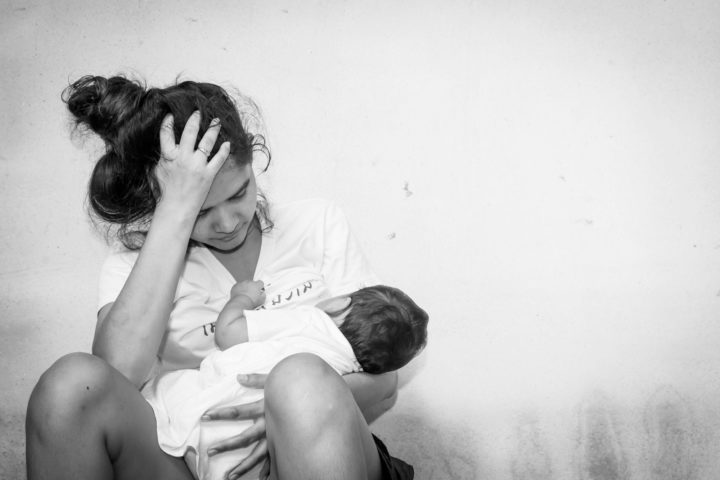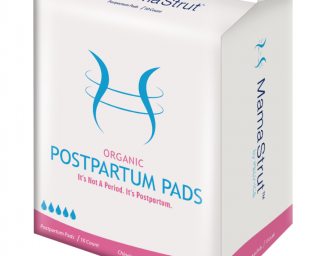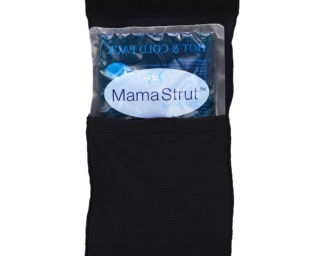Many pregnant women spend time dreaming about how their experience giving birth will go, especially if this is their first child. Like with many other life experiences, your expectations for it may have been formed through what you have heard from friends and family, stories posted online, and books, movies, or television. These tend to romanticize notions of childbirth and how you will feel when it is over and you hold your baby for the first time, so if things do not go as planned, you may feel disappointed.
You may have planned on giving birth at home, without using an epidural, doing a water birth, or having a specific doctor deliver the baby. Unfortunately, childbirth does not always go as planned, and if something does go wrong, or there is a medical complication during the birth, you may feel sadness or anger after the baby is born. You are not alone.
PTSD From Childbirth
You might develop PTSD after having your baby if you experience emergency intervention or an unplanned C-section; a difficult, long, and painful labor and delivery; or other unexpected, shocking, or traumatic circumstances during birth. Many people, possibly yourself included, think that the joy of holding your child for the first time and motherhood will make you forget all about the trauma that came with the birth; this is not always the case.
This can manifest itself in a number of ways. You may find yourself having trouble bonding with your baby, feeling disappointment about the birth, feeling angry about how the delivery was handled by the medical staff, or you may experience flashbacks or unwanted memories of the birth.
Emergency Intervention
The thought of needing emergency medical intervention during childbirth can be frightening and traumatic for any woman. You may wonder if there is something wrong with the baby, or even if there is something wrong with you, which can be made worse if the baby is taken to NICU right after it is born.
When there is an emergency intervention, the medical staff present often is too focused on taking care of the baby, and they do not stop to explain to what is actually happening. The fear of not knowing can lead the mother to extreme stress, and the trauma from that birth can linger long after the baby is born.
Unexpected Birth
The romanticized notions many women have before they have their first child can lead them to feel like they need to have their baby “naturally,” without an epidural or any other medical help. If you end up not having the magical natural birth that is so often discussed, you may feel like it was your fault, bringing on the feelings of failure, shame, loss, and even guilt. You may even be angry for receiving medical intervention of some type, because it interfered with your natural plan.
Spending 36 hours in labor without needing pain medication or some sort of assistance by the doctor is a common romanticized thought, but in reality, you may need that pain medication, assistance in the birth with forceps, or eventually needing a C-section instead. It may not fit your plan or the romantic rite of passage you may have thought birth was, and it can lead to PTSD or postpartum depression or anxiety, or something else.
Healing from a Traumatic Birth
There is no shame in getting help when you are suffering from PTSD from giving birth and doing so can help you heal.
It is okay to allow yourself to grieve from not having the magical experience you expected. Even if your baby is healthy, you are allowed to feel disappointed at how the birth went. Grieving is an important part of moving forward.
Understand that any complications in the birth were not your fault. The human brain is always trying to make sense of experiences, and often this can lead to you blaming yourself. Try to avoid blaming yourself, even if your baby is in NICU, which can be scary for a parent.
Confronting your expectations of giving birth is another good part of helping you heal from the trauma. Nothing in life is perfect, and things rarely go exactly as you planned. Put your experience into words, it can help you make sense of what happened and can help you move forward. Do not be afraid to share your story with your friends and family. They may have had similar experiences with their births, and they may be able to give you advice on how to heal. If your friends or family are not helpful when you try to talk to them, seeking therapy is an important part of the healing process.







